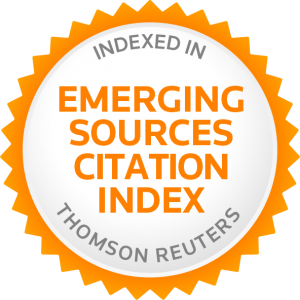SOME NOTES ON THE TEMPORAL INTERPRETATION OF NOUN PHRASES IN MANDARIN
Wei-Cherng Sam Jheng/ National Tsing Hua University
In this paper, I present a set of Mandarin data showing that the temporal interpretation of noun phrases (TIN) can be independent of that of clauses (clausal tense). I propose a formal semantic analysis to capture three TIN properties in Mandarin. Specifically, I motivate a stage-based analysis (Quine 1960), arguing that each host-individual (x) is sliced into various temporal stages (x%). The independent TIN results from the fact that each temporal stage (x%) can be predicated of by different nominal predicates within the lifetime of the host-individual. This analysis is able to provide an elucidation of the phenomenon where noun phrases can be temporally anchored independent of clausal tenses. Along the same line, temporality-denoting expressions in Mandarin can be used to quantify over the stages of the host-individual, and specifically select a particular temporal stage for the computation of the independent TIN. This throws light on the puzzle of why the TIN is easily accessible when noun phrases are accompanied by overt temporal expressions in the form of adjectives or adverbials.
Key words: tense, temporal stages, temporal interpretation, noun phrases



